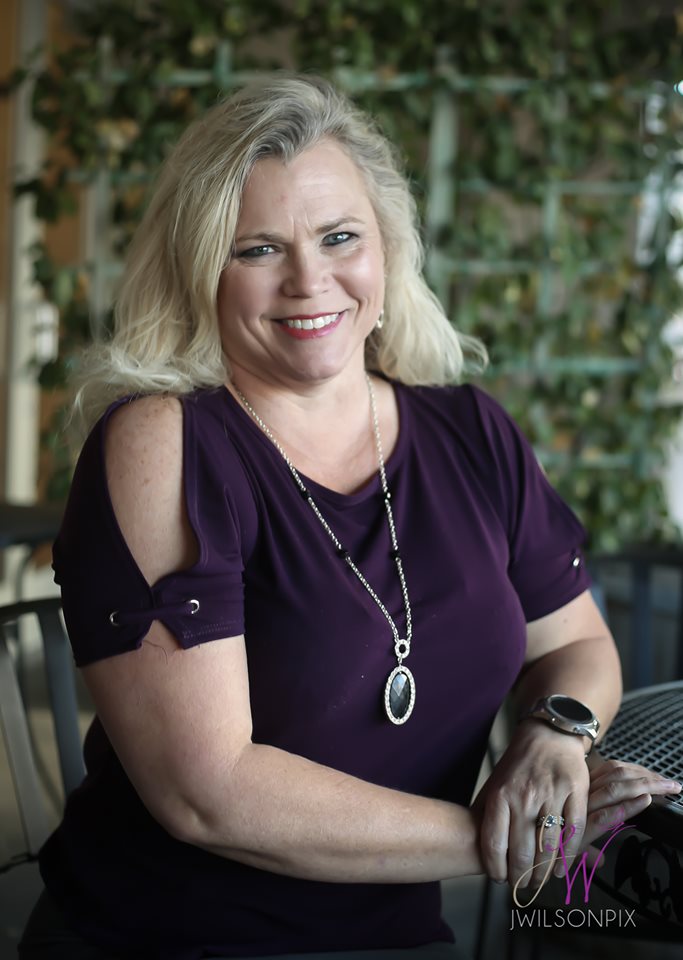If you’ve been following the implosion of FTX Group, Alameda, and Sam Bankman-Fried, you’re in luck. So have I.
As the information starts to roll into courts, the question on everyone’s mind seems to be, How did this happen? How did SBF manage to embezzle over $8 Billion of customer funds?
That’s the question John J Ray III, the new CEO overseeing the restructuring, has been asking. Ray’s experience is in recovering funds from failed corporations, including Fruit of the Loom, Residential Capital, and Enron. The man understands accounting and the importance of record keeping.
Evidently, SBF does not. John Ray stated, “Never in my career have I seen such a complete failure of corporate controls and such a complete absence of trustworthy financial information as occurred here. From compromised systems integrity and faulty regulatory oversight abroad, to the concentration of control in the hands of a very small group of inexperienced, unsophisticated and potentially compromised individuals, this situation is unprecedented.”
On the other hand, corporate controls can’t fail if they didn’t exist to begin with.
When there are no controls or systematized record keeping, the opportunity for fraud goes through the roof. The point of having good records and controls is to ensure business is run in the most effective, orderly, and accurate fashion possible.
Some of the most common internal controls include:
- Segregation of duties. A common segregation includes having someone other than the person preparing checks sign (or otherwise authorize) the expenditures. Dividing duties between people reduces the risk of mistakes or fraud.
- Physical Controls. I’ve seen businesses leave the petty cash box or inventory storage areas open to all employees. Access to these areas should be restricted, and petty cash should be counted and reconciled with any receipts daily.
- Reconciliations. We reconcile your books monthly. By checking your balances and outstanding transactions against the monthly bank statement, we can verify what your balances should be. We can also catch duplicate transactions (which occasionally get past the bank).
- Reviews. We offer our clients a quarterly review of their books, provided by someone other than the head bookkeeper on the project. This gives a manager or more experienced accountant a chance to review the balance sheet for any discrepancies, audit COGS for our retail and ecommerce customers, discuss upcoming goals for the business such as a potential sale which will impact how transactions get reported, and tax saving strategies.
- Information Controls. This control helps ensure that an entity’s financial data is secure, accurate, complete, and appropriately authorized. This means that company bank accounts are secured, that unauthorized users are prevented from accessing information, and sign-off procedures are standardized so those who should not have access, don’t. Not everyone in a firm needs access to financial records.
None of these controls were present in FTX/Alameda’s records. Authorization for spending was through Slack messages, no reconcilation was done – not of customer accounts, not of corporate bank accounts, and few records were kept of funds transferring back and forth between Alameda and FTX. There were no lists of bank accounts and signatories. There was no governance between Alameda and FTX – and both had external investors. Software was used to cover up misuse of customer funds. An unsecured group email account was used to access confidential private keys.
On top of everything, QuickBooks Online was the accounting tool of choice. Now, I can tell you that QuickBooks is the best tool out there for small to medium sized businesses. Neither Alameda nor FTX fell into that category, though. QuickBooks is great for companies with one or very few owners. It is not the right tool for fund accounting. (I would have suggested Sage Intacct, which I’ve used for large business.) The use of QuickBooks Online by itself isn’t cause for concern, but in the hands of an inexperienced (or incompetent) leadership team and without appropriate controls, it was a disaster looking for a place to happen.
Don’t let this happen to you. Give us a call today at 801-692-0032 and see how we can help your business grow and thrive.
Donna Harris, MBA, also holds a BSci in Accounting and is the owner of Bookkeeping Made Simple.

Donna Harris
Owner
Donna Harris, BSci Accounting, MBA, founded Bookkeeping Made Simple with the understanding that small businesses is the heart of the American economy. After offering to do books for a friend who said he didn't have enough work to keep someone in the office 20 hours a week, she recognized the need for an efficient, online system. She has 20 years of bookkeeping and accounting experience and is excited to help small business owners achieve their goals. She enjoys spending time with her family and traveling whenever possible. She also loves reading, hiking, camping, cooking, yoga, and fitness. A huge believer in lifelong education, she is currently working on her master's in Accounting.

